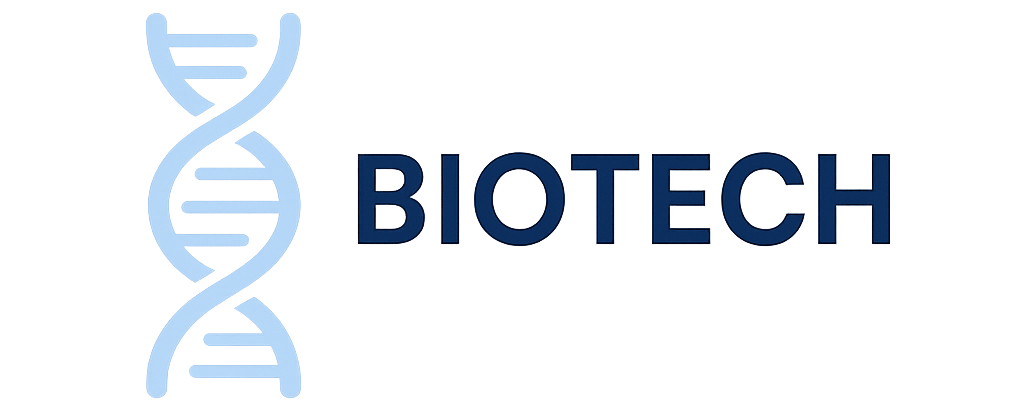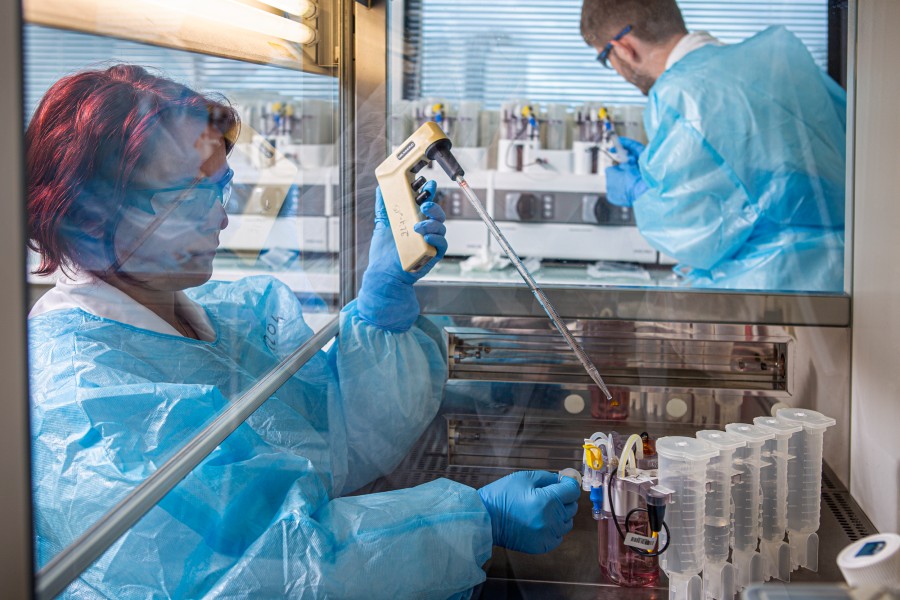Généthon, a non-profit focused on gene therapies for rare diseases, and Eukarÿs, a developer of technology for boosting biomanufacturing yields, have signed a strategic partnership agreement. The collaborators aim to adapt Eukarÿs proprietary C3P3 technology to work with adeno-associated viruses (AAVs), a move that they claim could help reduce overall production costs associated with gene therapies
Eukarÿs’ C3P3 is a commercially available engineered enzyme that boosts the production capacity of mammalian cells by enhancing their mRNA synthesis capabilities. The company estimates that C3P3 enables a 5- to 7-fold increase in production yields in all mammalian cell types. These cells can be used to generate a wide range of biopharmaceuticals including monoclonal antibodies, recombinant proteins, and virus-like particles.
In his comments, Guillaume Prunier, Eukarÿs’ CEO, noted that C3P3 currently works with almost any cell type with no adaptations required except for lentiviruses and AAVs. “Given the importance of gene therapy for patients with serious diseases and the industrial challenge it represents, we are delighted to be working with Généthon, a leader in this field, to accelerate this adaptation.”
For its part, Généthon is contributing its expertise in adeno-associated vector design and production. Technologies developed at Généthon were used to develop the first gene therapy for treating spinal muscular atrophy. Currently, thirteen products from Généthon’s research and development initiatives or collaborations are in clinical trials for diseases of the liver, blood, immune system, muscles, and eyes. Another seven products could soon enter clinical trials within the next five years.
“Eukarÿs’ technology is truly disruptive to biomanufacturing in general and holds great promise for delivering gene therapy products based on AAV vectors under optimal conditions, while drastically reducing biomanufacturing costs,” said Patrick Santambien, PhD, Généthon’s director of technological development. He added that the partnership “could pave the way for much more affordable therapies.”


